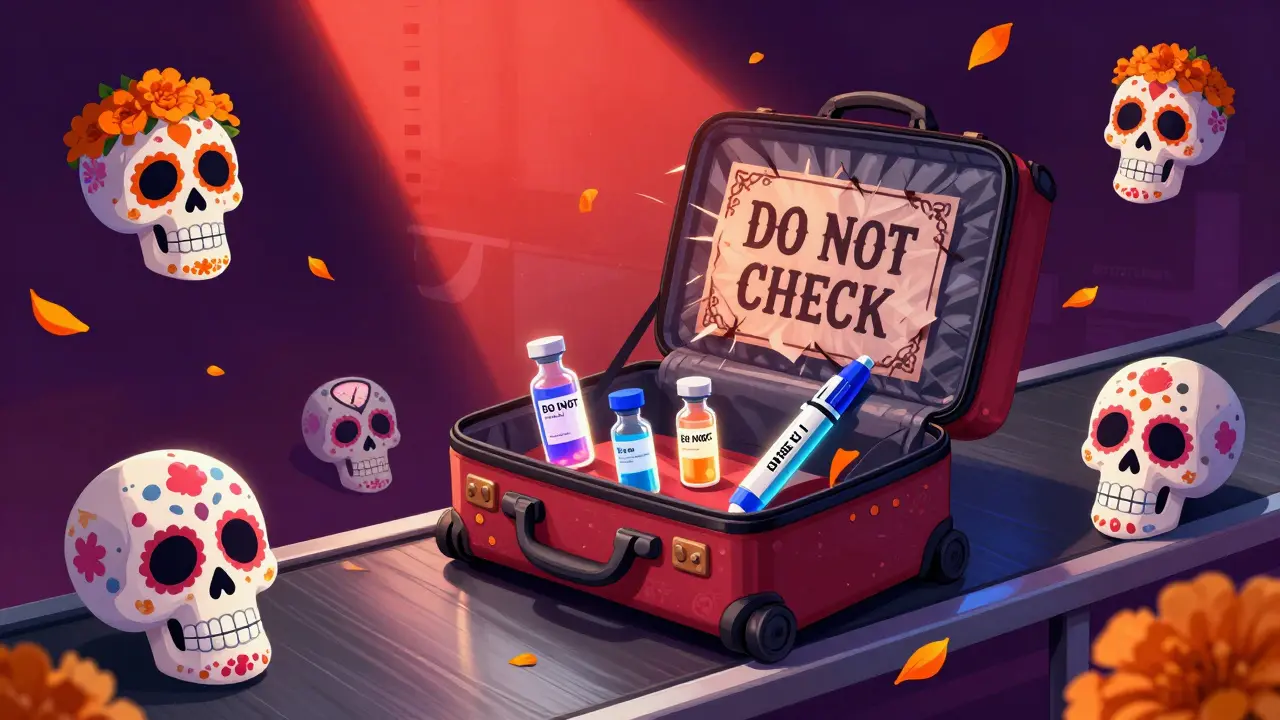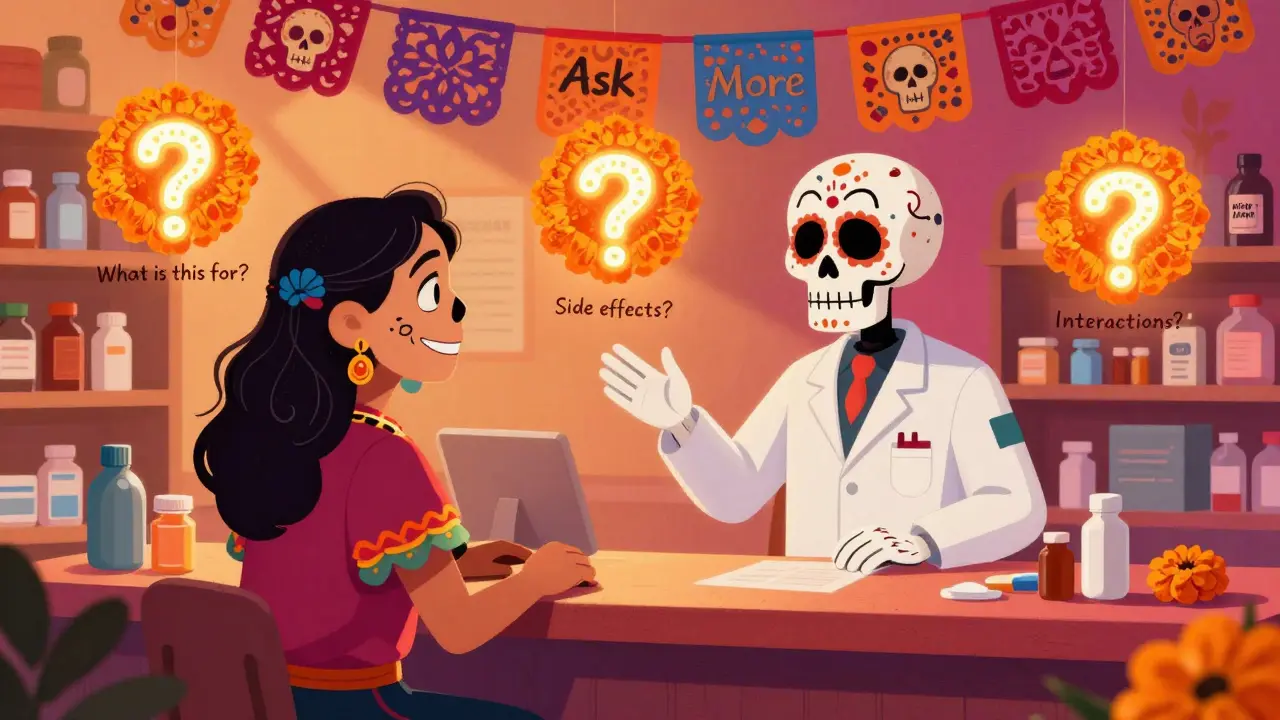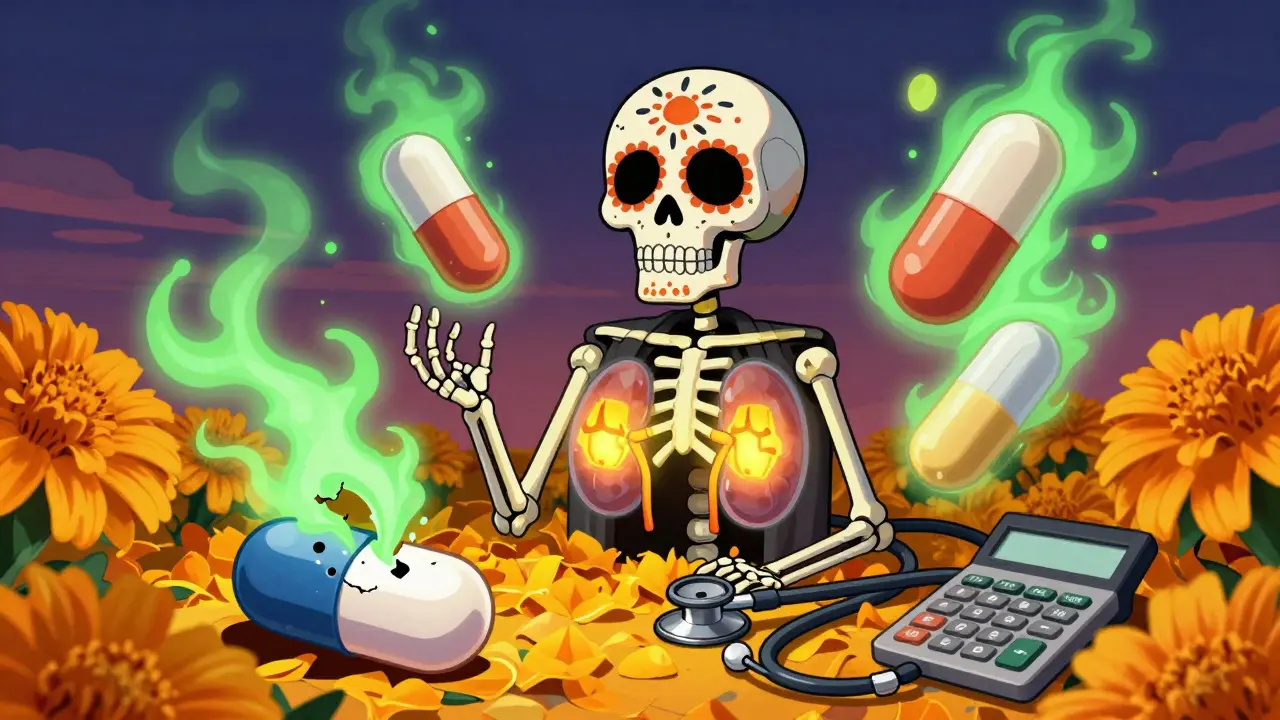Health and Medicine: Clear, Practical Guides on Drugs, Diseases and Treatments
A single antibiotic choice can speed recovery—or make an infection harder to treat. You don’t need medical school to use sensible health info, but you do need clear, practical guidance. This category collects straight answers about common drugs, infections, chronic diseases, and medication safety so you can read smarter and ask better questions at the clinic.
Here you’ll find hands-on posts: how broad-spectrum antibiotics work and when to avoid them, safer substitutes if you’re allergic to penicillin, why catheters sometimes cause serious fungal infections, and which diabetes drugs are realistic alternatives to metformin. We also cover things like statins and vitamin D, NSAIDs for joint pain, and drug interactions that patients often miss.
Quick practical tips you can use today
1. Track allergies before taking any antibiotic—penicillin allergy changes the safest choices.
2. If a device like a catheter gets red, swollen, or drains weird fluid, assume infection until proven otherwise and tell staff right away.
3. Don’t switch antibiotics without a reason—resistance and side effects matter more than convenience.
4. For chronic conditions like diabetes or arthritis, focus on long-term safety and function, not just quick symptom relief.
5. Check for common interactions: blood pressure meds, diabetes drugs, and some statins interact with many other medications.
6. Bring a current medication list to every appointment—dose, frequency, and reason for each drug help your clinician advise you faster.
How to use our guides and when to see a clinician
Each article aims to explain what a drug does, why a clinician might pick it, common side effects, and practical alternatives. We point out red flags—signs that need urgent care, like high fever with a catheter or signs of sepsis after a procedure. For chronic disease posts we compare pros and cons of treatments, and explain how they affect daily life, not just lab numbers.
Use our content to prepare for medical visits: print or save key points, note questions, and list symptoms with timing. If an article mentions a serious risk—liver damage, severe allergic reaction, or fast worsening of symptoms—don’t wait. Contact a clinician or emergency care right away.
We aim for clear, useful answers you can act on. Read the pieces that match your situation, bookmark trusted articles, and use them to guide conversations with your healthcare provider. If you need fast drug facts, check the comparisons and alternatives posts first; if you’re worried about infection or side effects, look for the warning signs we list and follow up with your doctor.
Explore categories, use the search box for specific drugs or conditions, and come back when new questions pop up—health changes fast, and having reliable, simple advice helps you stay in control.










